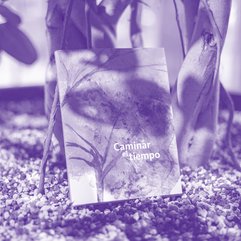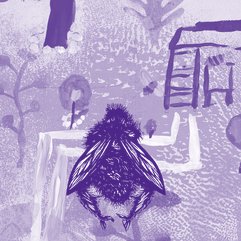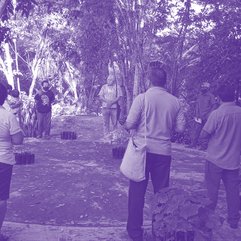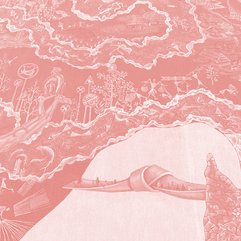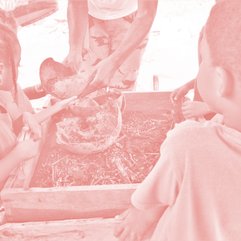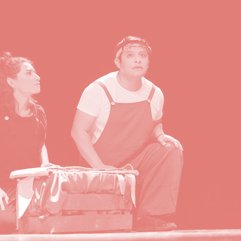Waral Prakalp
the guardians of the forest
Opening Hours
Thursday: 3 p.m.-8 p.m.
Friday: 3 p.m.-8 p.m.
Saturday: noon-8 p.m.
Sunday: noon-8 p.m.
Save the Date
all ages welcome
multilingual

Contributions by: Krishna Bhusare, Mamta Bongya, Srushti Bongya, Vikas Bongya, Ganpat Pardhi, Ketan Patil, Mayuresh Patil, Soham Railkar, Krushna Thakre, Mayur Vayeda, Tushar Vayeda and Roshni Vyam
Waral Prakalp is an exhibition centring on practices of forest protection, reforestation and agroforestry through the work of a community initiative borrowing the title to the show, and with whom what you see on view has been developed. Waral Prakalp is a group made of Warli artists and farmers from the village of Ganjad, Maharashtra. Warli are Indigenous Peoples whose name derives from the word Warla, meaning “piece of land" or “field". In fact, what in the West one would call regenerative agroforestry, has been at the center of their community life for millennia.

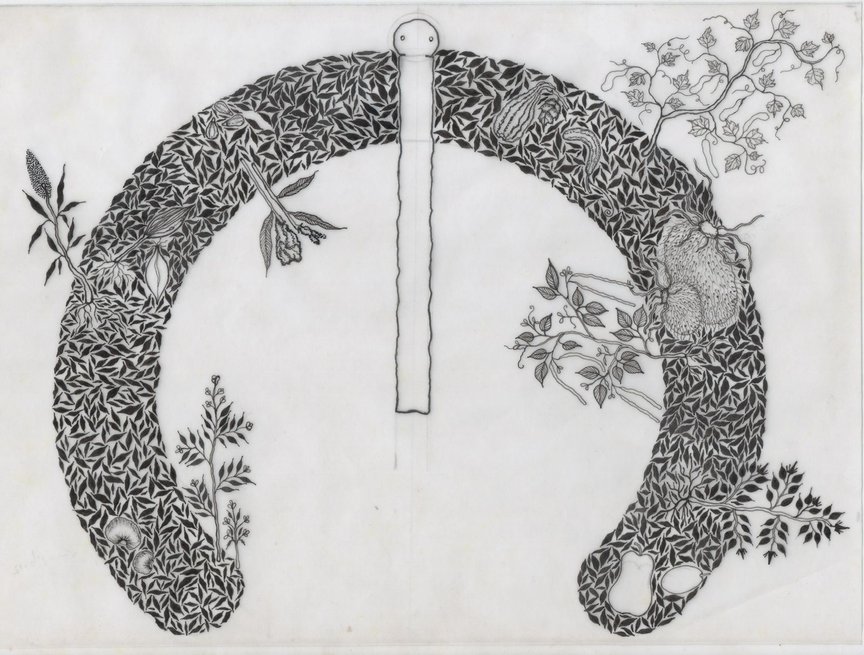
Forest, wild-life conservation, and the celebration of Mother Nature are historically at the core of Warli tradition and customs, also thanks to strong cultural and spiritual practices, as is the worshipping of the Waghoba shrines dedicated to the Tiger Protector deity of the forest. Waghoba is understood as a forest guardian and gatekeeper, and it is in concomitance with the presence of its shrines that one witnesses most still existing forests. It is community-led conservation strategies that protected them from poaching, logging, monoculture, diseases and other calamities.
Everything you see on view has been realized and selected by farmers, beekeepers, healers, educators and artists to speak about the ways in which they adapt and activate their traditional ways of producing food, protecting seeds, planting, tending and harvesting to contemporary challenges, and the role that arts and culture play within such community practices.
The deeply woven interrelationships between the forest and Warli communities have been adversely impacted in the recent past, such as through major roads cutting through their lands, or the designation of ‘reserved forests’ that separates communities from their ecosystem, making them encroachers of their own home.
Environmental discourses continue to tend to exclude Indigenous practices and knowledges, and traditional methods that have been protecting ecosystems for centuries are predominantly being excluded from state led initiatives of conservation projects. We invite you to engage with fundamental practices that are at risk of being erased or forgotten.
Weaving the invisible threads of Warli lifeworld, Waral Prakalp invites you to join an enduring dialogue and community action with a believe: the more forests belong to communities, and communities belong to forests, the greater will be their protection in its reciprocity.




